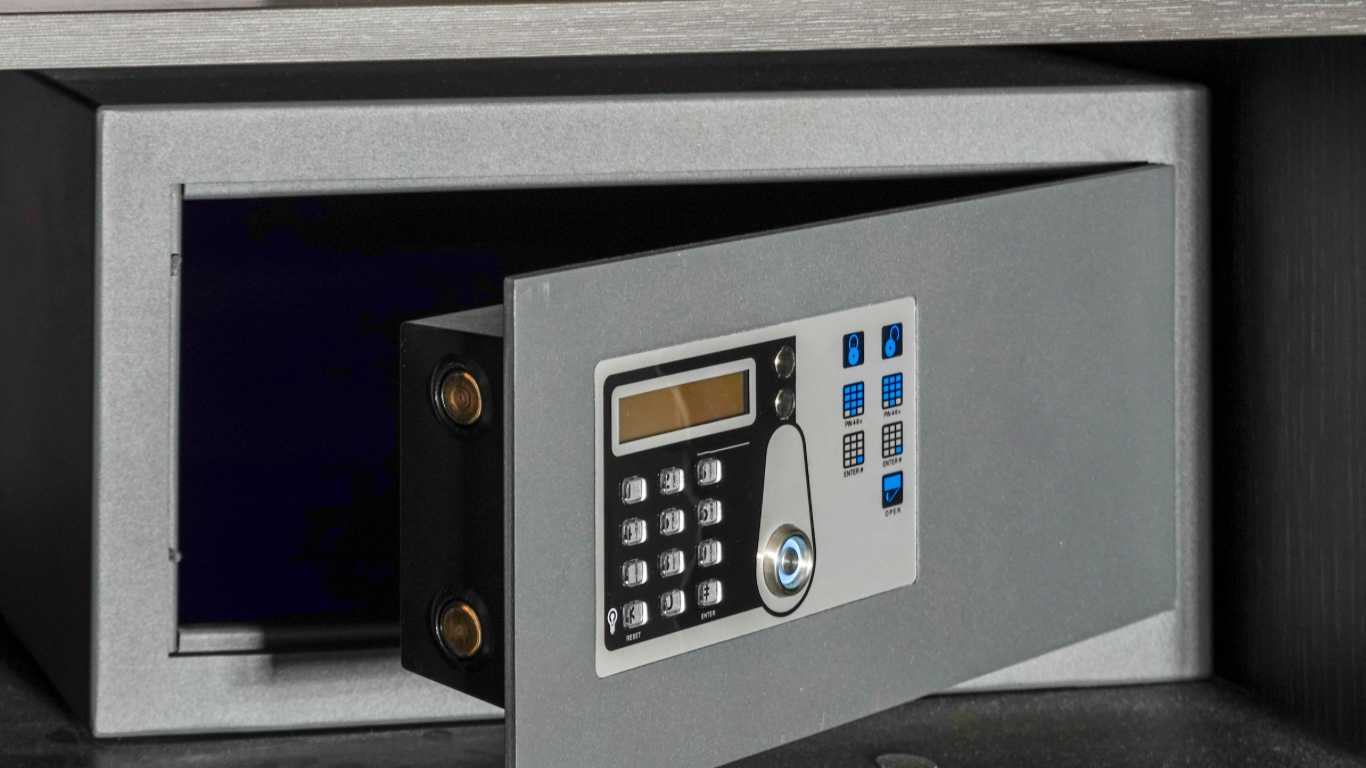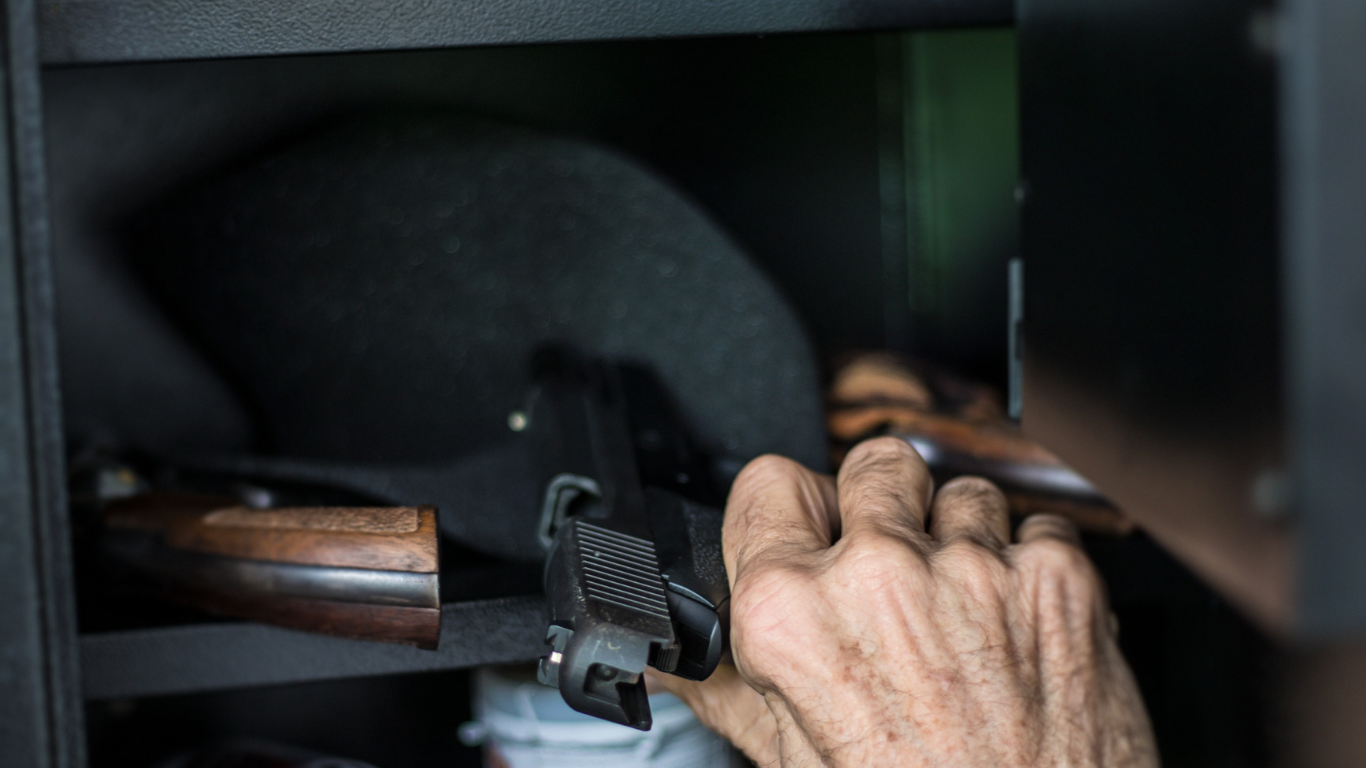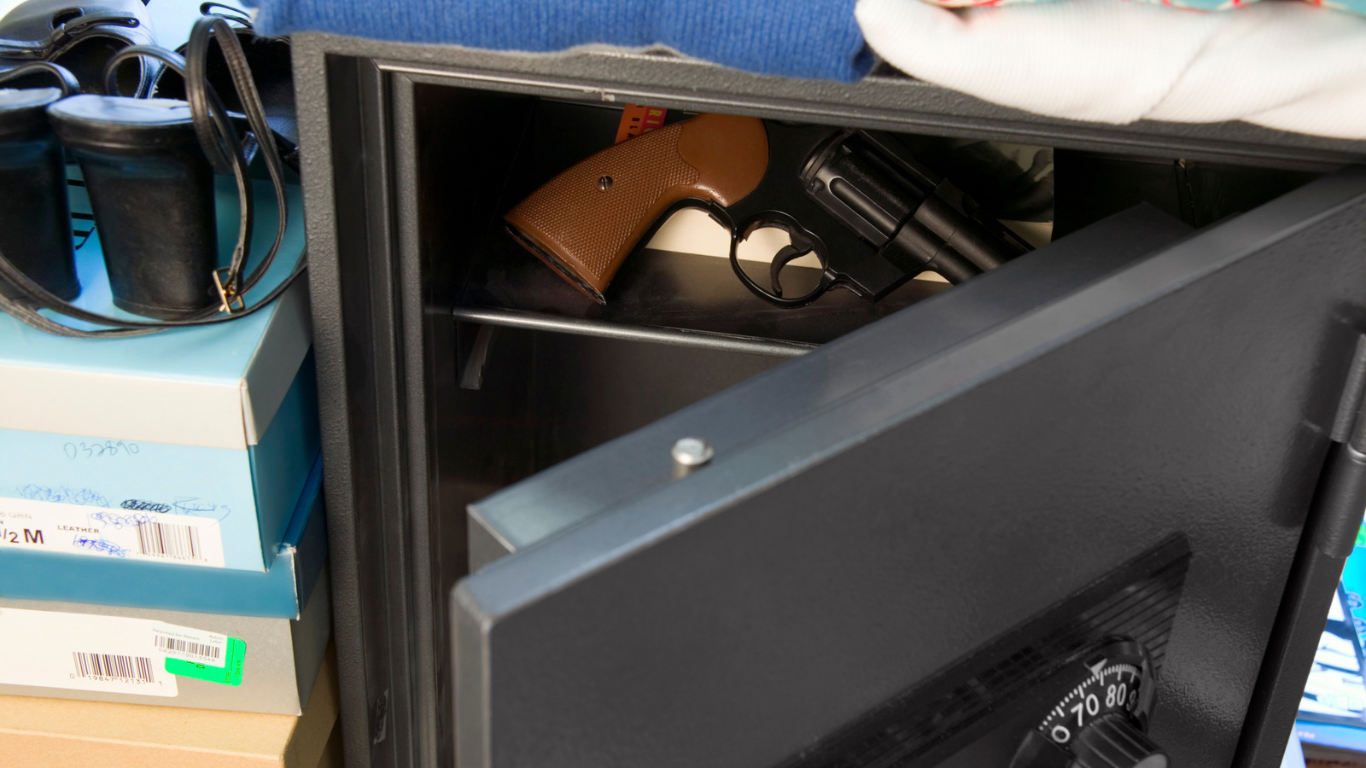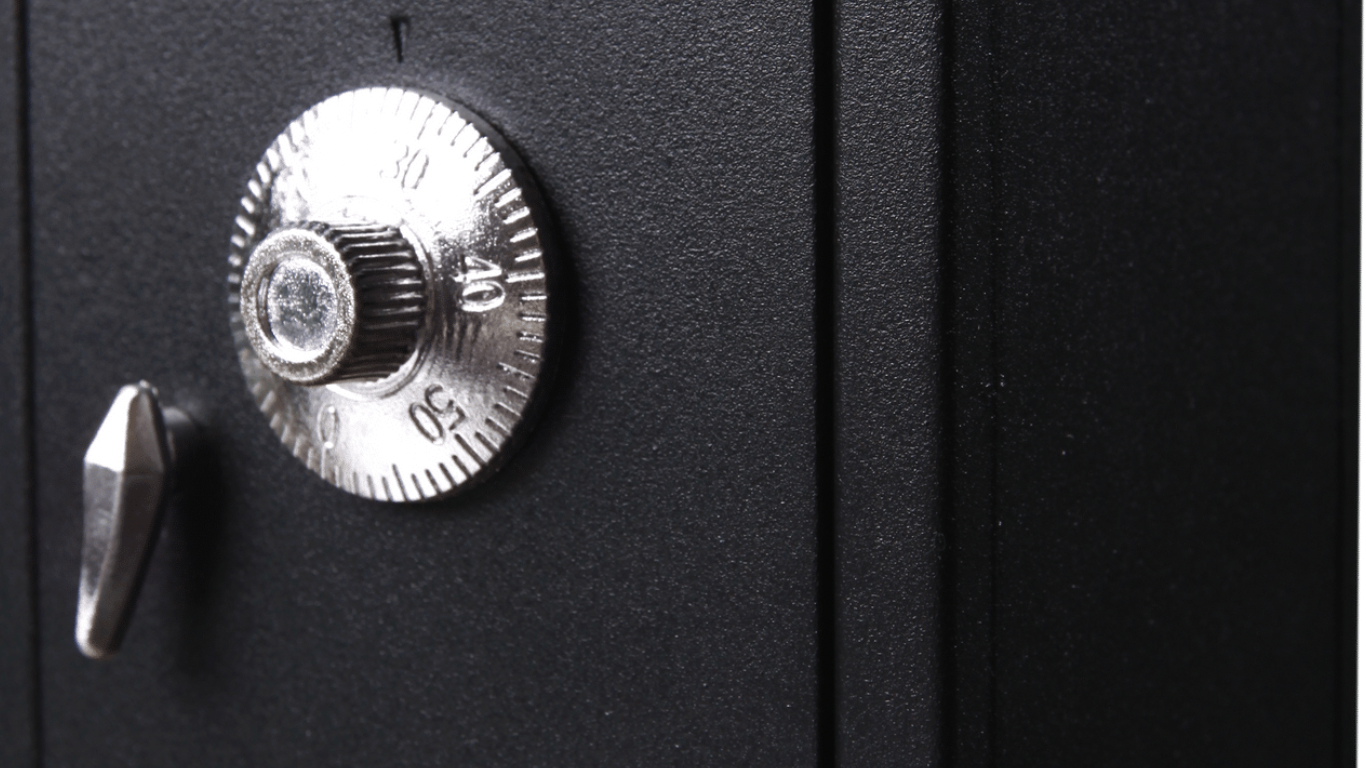The ocean is vast and full of adventure. For many, boating is an escape from the hustle and bustle of everyday life and a way to enjoy nature and spend time with loved ones. However, when it comes to safety, having a gun on board can be a critical tool. Whether you’re out fishing in the open water, alone in a deserted cove, or cruising offshore, a firearm is useful in certain situations. But with that comes a responsibility to understand the legalities, regulations, and best practices involved. In this guide, we’ll go over everything you need to know about carrying guns on boats to ensure you’re always ready and prepared.
Understanding the Laws and Regulations
Whether you’re on a private or public vessel, every state has different laws and regulations when it comes to firearms on boats. Before embarking on a boating trip armed with a gun, it’s imperative to research and know the laws surrounding firearm possession on boats and waterways. For example, in many cases, there are specific types of firearms that are allowed and where they can be stored. Some states may require you to have a special permit to carry a gun on a boat. Failing to adhere to these laws can result in heavy fines and even jail time.
Choosing the Right Gun and Accessories
Choosing the right firearm for boating is important to ensure it functions adequately in both wet and harsh conditions. When selecting a gun to bring onboard, consider its size, caliber, weight, and handling. Most boats have limited storage space, so it’s vital to ensure the firearm is compact and can be safely stowed away when not in use. If you plan on being out in the open water for an extended period, it’s a good idea to invest in a waterproof case to protect your firearm and accessories.
Proper Training and Practice
Carrying a gun on a boat is not something to take lightly. Proper handling and practice are crucial to ensure that everyone on board stays safe. Basic firearm safety rules, such as keeping your finger off the trigger and storing the gun in a secure spot when not needed, should be practiced at all times. Familiarizing yourself with your firearm and practicing your shooting skills in a safe and controlled environment can go a long way in ensuring you’re comfortable handling your gun in any situation.
On-Board Communication
Communication is key when carrying a gun on board for safety purposes. Every crew member should be aware of the location of the firearm and its handling procedures. The captain should take charge in understanding the emergency situations where the firearm may come in handy and determine when it’s appropriate to bring the gun on deck. It’s crucial to have a communication plan in place so that everyone on board remains safe and out of harm’s way.
Safe Storage and Disposal
When it’s time to disembark, packing up your firearm should not be overlooked. Storing the gun properly and in a secure spot is vital to ensure that it doesn’t accidentally go off. Ensure the gun is cleared of any bullets and wiped down with a dry cloth if it comes in contact with saltwater. Properly disposing of ammunition is important since it can pose environmental hazards if not handled correctly. Most boating stores offer disposal services for a small fee.
Conclusion
Carrying a firearm on board a boat can provide safety and peace of mind, but it requires responsibility and awareness. Safety always comes first, and following the laws, proper training, and on-board communication are essential to guarantee that everyone on board remains out of harm’s way. After all, the sea is unpredictable, and having a firearm on board can make all the difference when facing an unexpected emergency. Remember, the goal is to have a great time boating while staying safe and sound!






